Say Goodbye to Hair Loss: A Look at the Most Effective Supplements
Hair loss can be a frustrating and distressing experience for anyone. While genetics and aging play a role, several other factors, such as stress, hormonal changes, and nutrient deficiencies, can contribute to hair loss.
One way to combat hair loss is using hair supplements, which can help provide the nutrients your body needs for healthy hair growth.
In this article, we will look at the most effective hair loss supplements available on the market today, including vitamins, minerals, and herbal extracts, and how they can help promote hair growth and prevent hair loss.
Which Supplements Are Good For Hair?
Some supplements commonly thought to be beneficial for hair health include:
- Biotin
- Fish oil, and
- Vitamin D
Biotin, also known as vitamin H, is a vitamin B that helps promote hair and nail growth. Fish oil is rich in omega-3 fatty acids, which can help to improve the overall health of the scalp and hair. Vitamin D, also known as the “sunshine vitamin,” is essential for maintaining healthy hair growth and preventing hair loss.
However, it’s always good to consult a doctor before taking any supplement to ensure it’s safe for you and won’t interact with any other medications you may be taking.
Get tested supplements from VitaminMD for beauty, guts, and body.
Which Food Contain Biotin?
Some good dietary sources of biotin include:
- Eggs: Egg yolks are particularly high in biotin.
- Dairy products: Milk, yogurt, and cheese are good sources of biotin.
- Nuts and seeds: Almonds, peanuts, and sunflower seeds are good sources of biotin.
- Legumes: Lentils, soybeans, and other legumes are good sources of biotin.
- Meat: Liver, pork, and beef are good sources of biotin.
- Fruits and vegetables: Leafy greens such as spinach, kale, and broccoli are good sources of biotin. Raspberries, avocados, and sweet potatoes are also good sources of biotin.
Cooking, processing, and storage can destroy biotin, so it’s best to consume raw or cooked food with minimal heat.
Other Minerals And Vitamins For Hair Growth And Thickness
- Vitamin A: Vitamin A helps promote sebum production, an oily substance that moisturizes the scalp and hair.
- Vitamin C: Vitamin C is an antioxidant that helps to protect the hair and scalp from damage caused by free radicals.
- Vitamin E: Vitamin E is an antioxidant that helps to protect the hair and scalp from damage caused by free radicals.
- B vitamins, such as Biotin (Vitamin H) and niacin (Vitamin B3), are important for maintaining healthy hair and promoting hair growth.
- Iron: Iron is an essential mineral that helps promote strong and healthy hair growth.
Can Hair Supplements Regrow Hair?
Hair supplements, such as those containing biotin, vitamins, and minerals, can help promote hair growth and improve the hair’s and scalp’s overall health.
However, they may not be effective for everyone and won’t regrow hair like medications as minoxidil or finasteride do. These medications prolong the growth phase of the hair cycle, causing the hair to grow thicker and stronger and preventing hair loss.
Additionally, hair supplements can be beneficial when hair loss is caused by a deficiency in specific vitamins or minerals, like iron or biotin. However, hair loss can also be caused by various other factors such as genetics, hormonal changes, certain medical conditions, or as a side effect of certain medications.
So, it’s essential to consult a specialist to figure out the root cause of hair loss before supplementing.
Hair supplements can be beneficial with other hair loss treatments, such as minoxidil or finasteride, and a healthy lifestyle, including a balanced diet and regular exercise.
How Do I Know If I Have a Vitamin Deficiency?
Vitamin deficiencies can cause various symptoms depending on the specific vitamin deficiency. Some common signs of vitamin deficiencies include:
Fatigue: Feeling tired or weak can signify a vitamin B12 or iron deficiency.
Skin problems: Dry, scaly skin, rashes, or eczema indicate a vitamin A or D deficiency.
Bruising easily: Bruising easily or bleeding gums results from a vitamin K deficiency.
Anemia: Anemia is a condition in which there are not enough red blood cells to carry oxygen to the body’s tissues; it can be a sign of a vitamin B12 or iron deficiency.
Mouth sores or cracks in the corners of the mouth: Sores or cracks in the corners of the mouth can indicate a vitamin B2 or niacin deficiency.
Hair loss: Hair loss can signify a biotin, iron, or zinc deficiency.
Weak or spoon-shaped nails: Weak or spoon-shaped nails mean a biotin or iron deficiency.
Scurvy: Scurvy is a rare condition caused by a lack of vitamin C, which can cause symptoms such as swollen and bleeding gums, and easy bruising.
How Long Does It Take Hair Growth Vitamins To Work?
The amount of time it takes for hair growth vitamins to work can vary depending on the individual and the specific supplement. It also depends on the cause of hair loss.
Hair growth can be a slow process, and it may take several months to see any significant improvement. It is generally recommended to take hair growth vitamins for at least 3 to 6 months to see optimal results. However, if you don’t see improvement within that time frame, it’s important to consult a dermatologist or doctor to rule out other underlying causes of hair loss.
While hair growth vitamins can help to promote hair growth, they may not be effective for everyone. Maintaining a healthy diet and lifestyle, avoiding harsh hair treatments, and managing stress levels can also contribute to healthy hair growth.
Check PRP, an alternative method for hair growth.
Herbal Supplements For Hair Growth
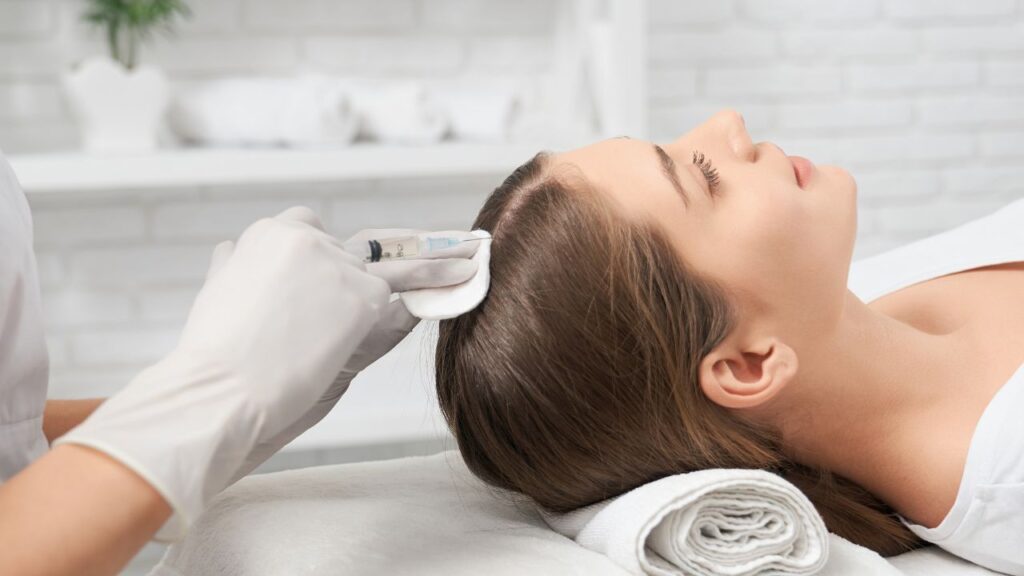
Several herbal supplements are commonly used to promote hair growth. Some of these include:
- Saw palmetto: Saw palmetto is a herb commonly used to treat hair loss. It is thought to block the conversion of testosterone to dihydrotestosterone (DHT), a hormone that can contribute to hair loss.
- Ginkgo biloba: Ginkgo biloba is an herb believed to improve blood circulation to the scalp, which can help to promote hair growth.
- Nettle: Nettle is an herb rich in vitamins and minerals and is thought to promote hair growth by providing the scalp with the necessary nutrients.
- Fenugreek: Fenugreek is an herb commonly used to treat hair loss and promote growth. Fenugreek is rich in protein and nicotinic acid, which are essential for hair growth.
- Pumpkin seed oil: Pumpkin seed oil is an herbal supplement rich in zinc, magnesium, and other nutrients essential for hair growth.
Which Foods Help Hair Growth?
Eating a healthy and balanced diet rich in particular nutrients can help promote hair growth. Some foods that are particularly beneficial for hair growth include:
Protein-rich foods
Hair is made up of a protein called keratin, so it’s essential to get enough protein in your diet to support hair growth. Protein sources include fish, chicken, eggs, nuts, and beans.
Iron-rich foods
Iron is an essential mineral that helps to promote healthy hair growth. Good sources of iron include red meat, leafy greens, and fortified cereals.
Vitamin C-rich foods
Vitamin C is an antioxidant that helps to protect the hair and scalp from damage caused by free radicals. Good sources of vitamin C include oranges, strawberries, and bell peppers.
Vitamin A-rich foods
Vitamin A helps to promote sebum production, an oily substance that moisturizes the scalp and hair. Good sources of vitamin A include sweet potatoes, carrots, and leafy greens.
Omega-3 fatty acids-rich foods
Omega-3 fatty acids are essential for maintaining healthy hair and promoting growth. Good sources of omega-3s include fatty fish such as salmon, flaxseeds, chia seeds, and walnuts.
Final Words
Hair loss can be a complex issue that various factors can cause. However, incorporating hair supplements into your daily routine can promote hair growth and prevent hair loss. Whether you’re looking to increase hair thickness, prevent hair breakage, or regrow hair, several supplements can help.
However, it’s important to remember that hair supplements alone will not fix all hair loss issues; it’s essential to maintain a healthy diet and lifestyle, avoid harsh hair treatments, and manage stress levels. It’s also crucial to consult with a doctor or a licensed professional before starting any supplement regimen.
- Debunking Skincare Myths: Can You Mix Niacinamide with Vitamin C - April 20, 2024
- Are Collagen Peptides Really Beneficial for Your Health? Unveiling the Truth - April 10, 2024
- Can You Use Hydroquinone With Vitamin C To Boost Skin Health - March 30, 2024

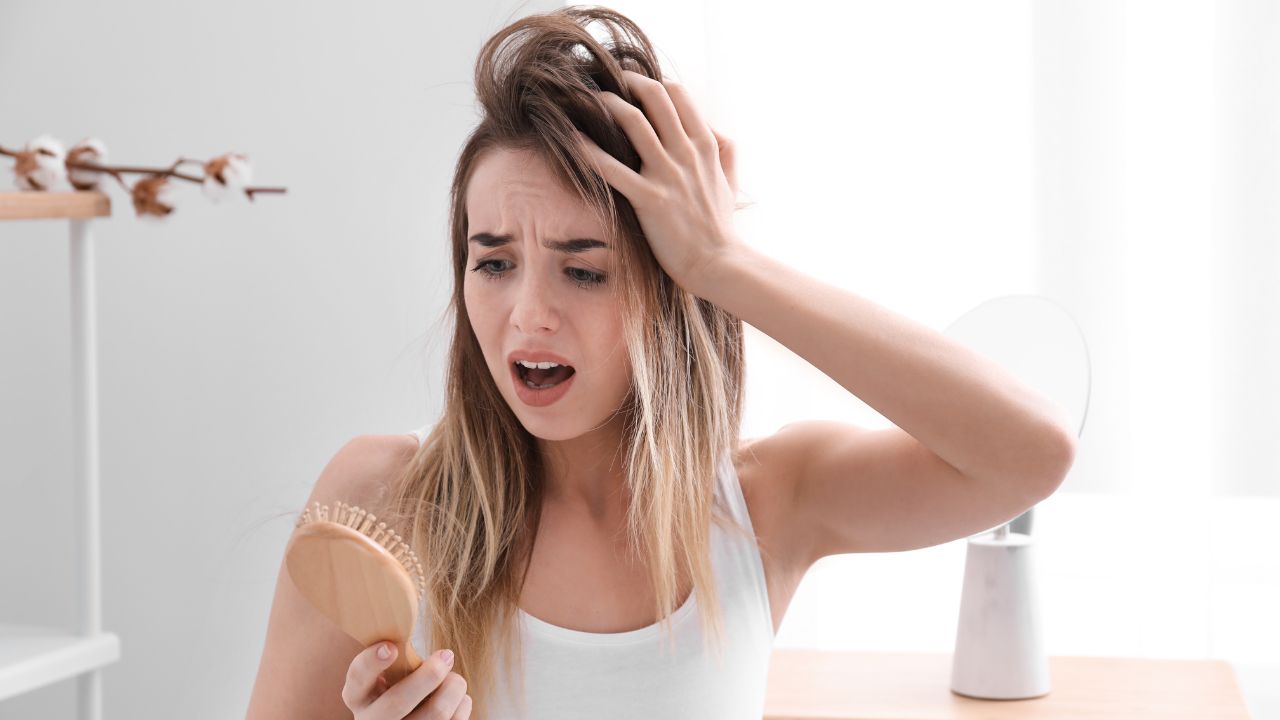
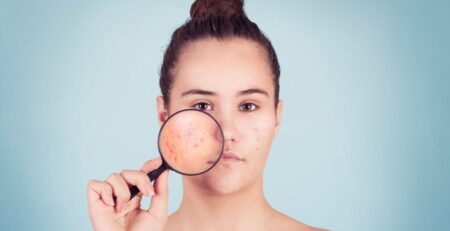
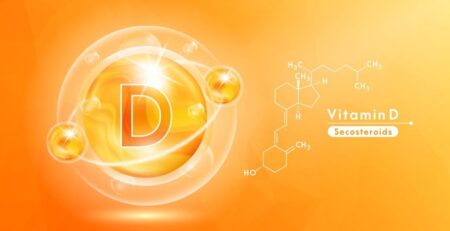

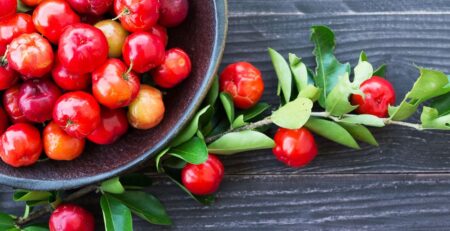






Leave a Reply